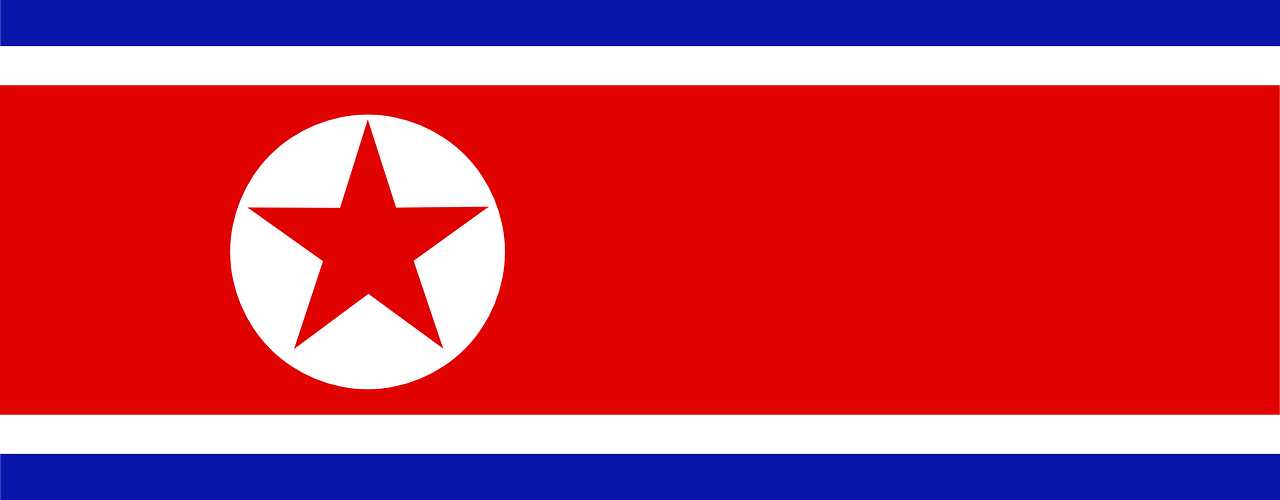Knows About North Korea & Its Nuclear Program

North Korea’s nuclear program is a deeply significant and complex issue with global implications. Here’s an overview.
North Korea’s Nuclear Program
1. Development Timeline
North Korea’s nuclear program dates back to the 1950s. The country pursued nuclear weapons primarily as a deterrent and to gain leverage on the global stage.
2. Nuclear Tests
North Korea conducted its first nuclear test in 2006, followed by subsequent tests in 2009, 2013, twice in 2016, and 2017. These tests led to the development of more sophisticated and potentially more powerful nuclear capabilities.
3. Missile Development
In tandem with nuclear advancements, North Korea developed its missile technology, conducting multiple tests to improve the range and accuracy of its missiles. This includes testing intercontinental ballistic missiles (ICBMs) capable of reaching the continental United States.
4. International Response
The international community, including the United Nations Security Council, responded with condemnation and imposed sanctions to deter North Korea from further nuclear advancements. Diplomatic efforts, negotiations, and dialogue have been ongoing to persuade North Korea to abandon its nuclear ambitions.
5. Regional Tensions
North Korea’s nuclear program has heightened tensions in the region, especially with neighboring South Korea and Japan. The uncertainty surrounding the regime’s intentions has raised concerns about stability and security in East Asia.
Key Aspects
Motivations
North Korea views nuclear capabilities as vital for regime survival, national prestige, and as a bargaining chip for diplomatic leverage.
Regime Stability
The ruling regime led by Kim Jong-un perceives nuclear weapons as a means of deterring potential external threats and ensuring regime survival.
International Diplomacy
Several attempts, including Six-Party Talks involving China, Russia, Japan, South Korea, the United States, and North Korea, aimed to negotiate denuclearization and regional stability. However, progress has been intermittent.
Humanitarian Concerns
The North Korean regime’s focus on nuclear weapons has drawn criticism for diverting resources away from addressing significant humanitarian issues within the country, such as poverty, famine, and human rights abuses.
Ongoing Challenges
Denuclearization
Achieving complete, verifiable denuclearization of North Korea remains a primary international goal, but negotiations have seen limited success.
International Relations
Balancing diplomatic pressure with engagement remains a challenge, as global powers seek to prevent further nuclear advancements while maintaining channels for dialogue and potential peace agreements.
Short Summary & Overview
North Korea’s nuclear program is a highly intricate and sensitive issue with far-reaching implications for global security and stability, demanding ongoing diplomatic efforts and international cooperation to find a resolution.








